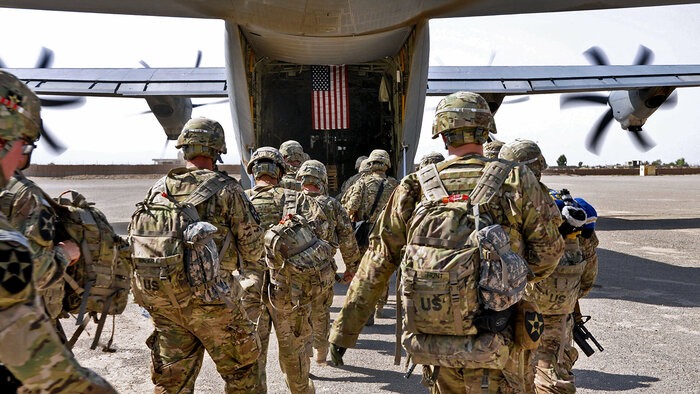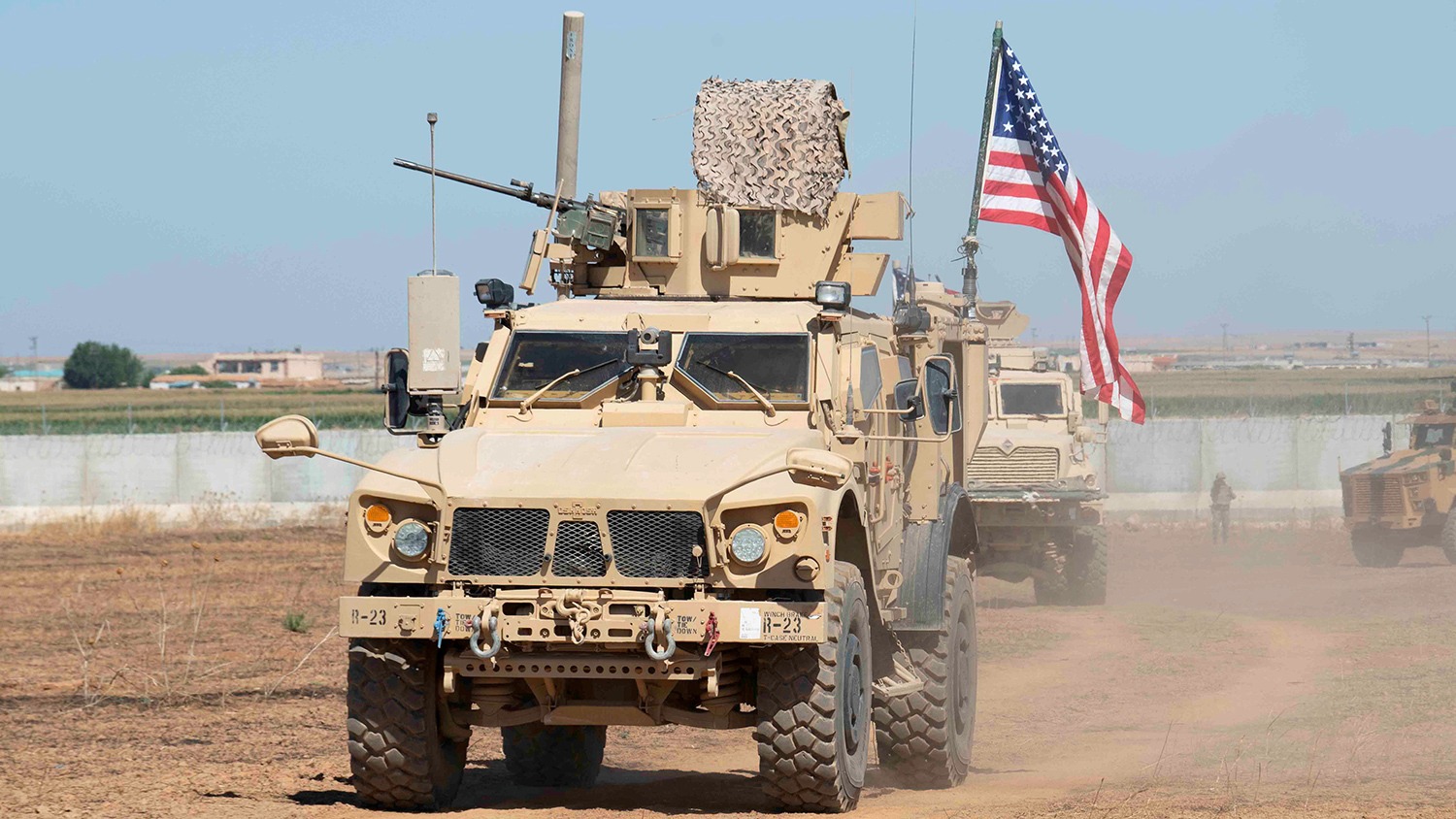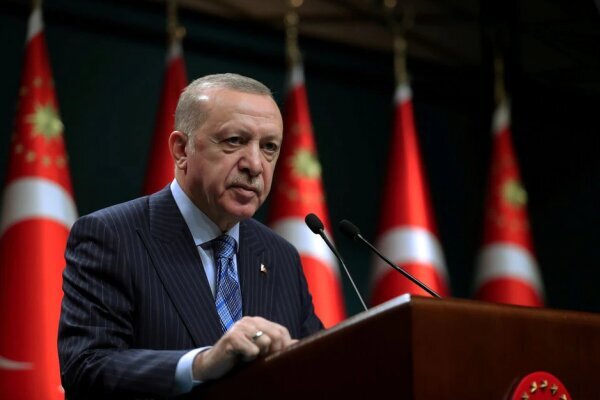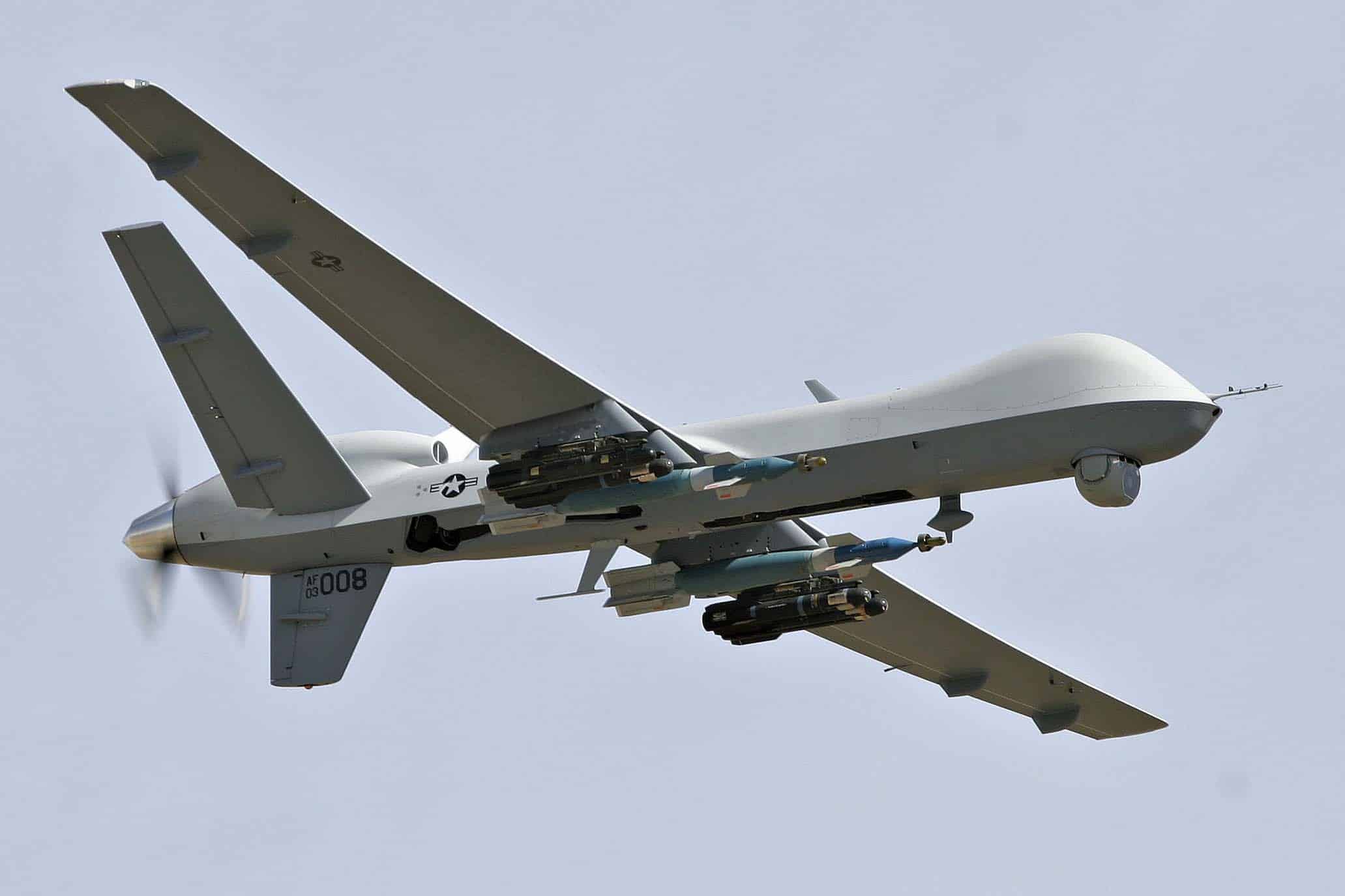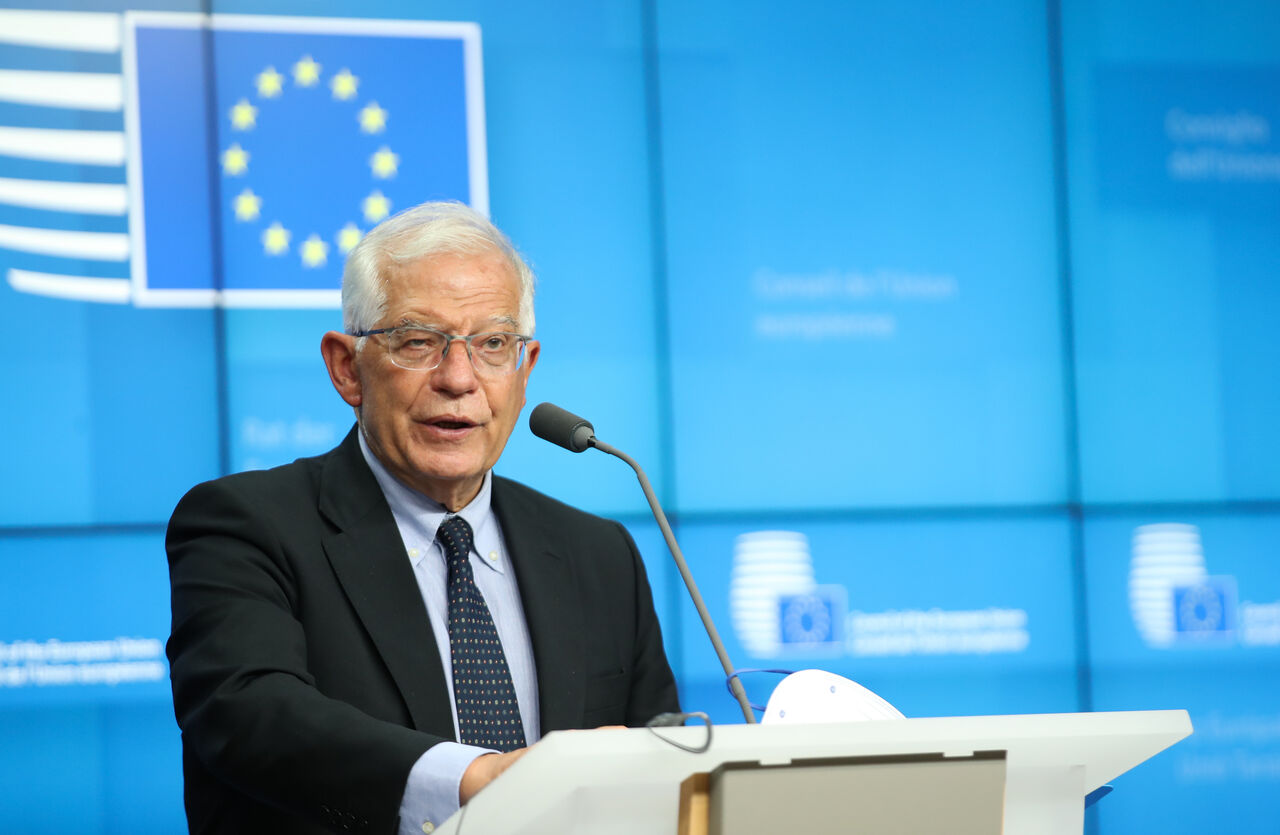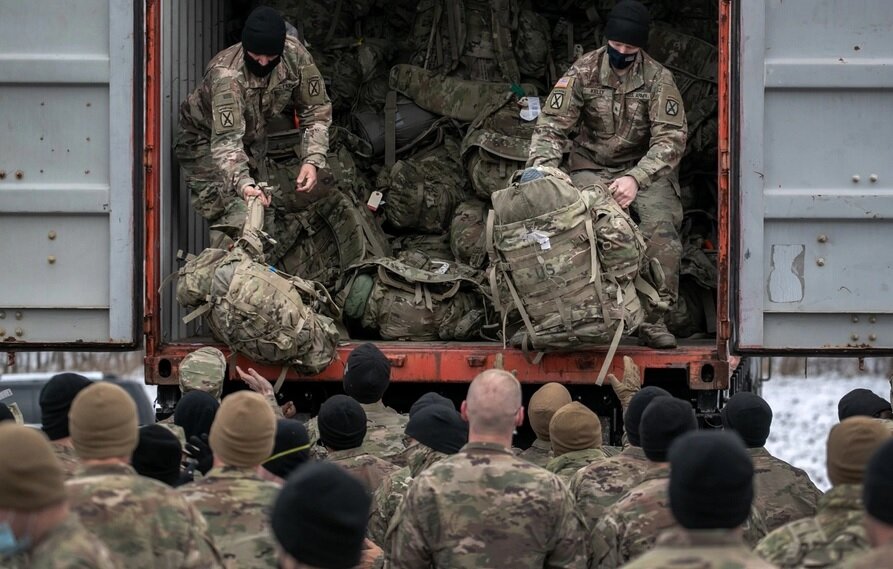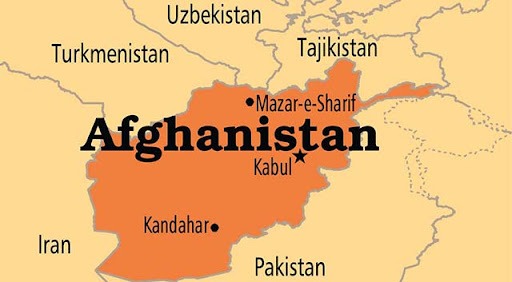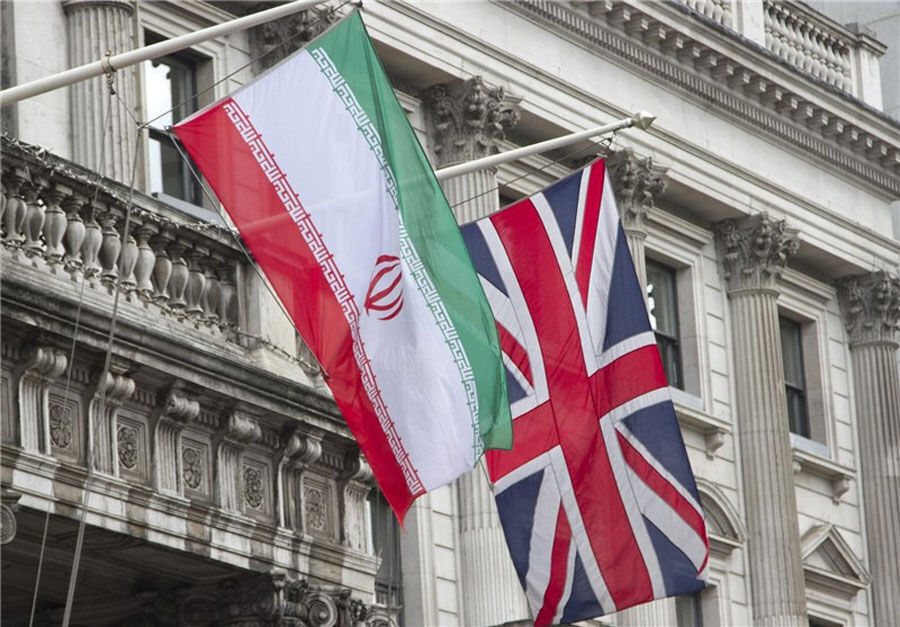Behind the Scenes of Tension Between Two Koreas over Thrash-Filled Balloons
Strategic Council Online – Interview: An expert on international issues said: Although the tensions and war of words between North Korea and South Korea over garbage balloons are not serious, they are important because they occur in the context of a historical and long-term tension.









